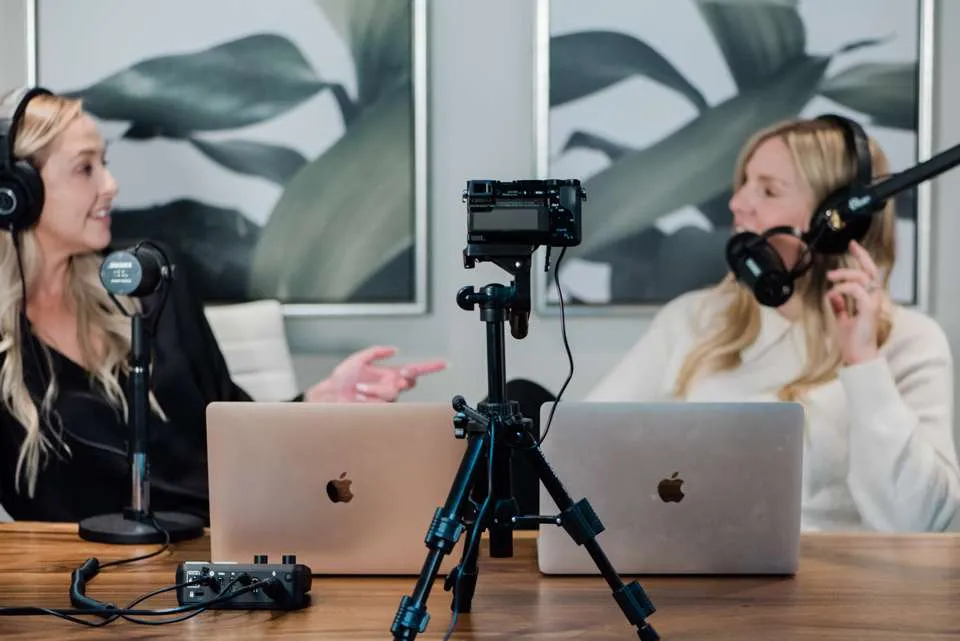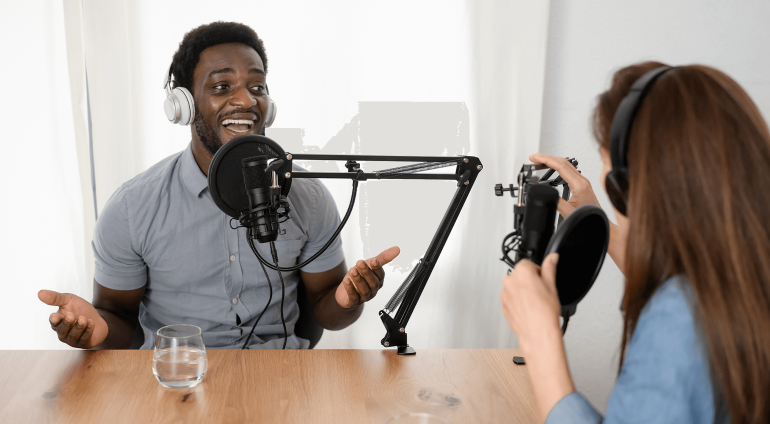Stepping into the spotlight for a television or podcast interview can be both exhilarating and nerve-wracking. Whether you’re a seasoned professional or facing your first media appearance, proper preparation is the key to delivering a memorable and impactful performance. The difference between a mediocre interview and an outstanding one often lies in the groundwork laid beforehand. From crafting compelling messages to mastering your physical presence, every detail matters when you’re representing yourself or your organization on camera or microphone.
Understanding the nuances of different interview formats, anticipating challenging questions, and developing confidence in your delivery can transform anxiety into authority. This comprehensive guide will equip you with proven strategies to excel in your next media opportunity, ensuring you communicate effectively while maintaining authenticity and professionalism throughout the entire experience.
Research and Preparation Fundamentals
Know Your Platform and Interviewer
Understanding the outlet and interviewer is crucial for tailoring your approach effectively. Research the journalist’s previous interviews, typical question styles, and their general approach to conversations. This analysis helps you anticipate the interview’s direction and prepare accordingly. For podcast interviews specifically, listen to previous episodes to understand recurring themes, common questions, and typical guest profiles. This insight allows you to customize your responses more effectively and integrate your expertise seamlessly with the podcast’s storyline.
Understand the Interview Format
Determine whether your interview will be live or pre-recorded, as this affects your strategy significantly. Live interviews require more precision and confidence, while recorded sessions offer opportunities for retakes if needed. Ask about the story angle and your role in the narrative – are you the primary lead, an expert commentator, or providing a secondary response? Understanding your position helps frame your preparation and messaging approach.
Crafting Your Core Messages

Develop Three Key Talking Points
Limit your key messages to three main points that you want to communicate. This focused approach ensures your most important information gets delivered clearly and memorably. Create prepared soundbites of approximately 10 seconds each, as these are ideal lengths that resist editing. Practice delivering these messages using variations to avoid sounding repetitive while reinforcing your core themes throughout the interview.
Prepare for Difficult Questions
Anticipate challenging or uncomfortable questions and practice your responses in advance. Create a comprehensive FAQ list related to your field of expertise or the specific topic being discussed. This preparation significantly boosts confidence and ensures you can communicate key points clearly and efficiently, even under pressure.
Physical Presentation and Delivery
Master Your Visual Appearance
For television interviews, always wear a dark jacket for business settings, as this conveys confidence, credibility, and charisma while giving your body shape. Avoid white shirts without jackets, as they can make your head appear washed out on screen. Choose solid pastels over bright patterns, stripes, or solid white and black, which can be problematic on camera. Ensure your clothing is neat, wrinkle-free, and comfortable, representing your organization appropriately.
Perfect Your Body Language
Lean slightly forward toward the camera to create intimacy with viewers and enhance your presence. However, avoid looking directly at the camera unless you’re experienced, as this requires significant skill. Instead, focus on the interviewer and maintain natural eye contact to create an engaging conversation flow.
During the Interview Excellence
Implement Strategic Communication Techniques
Get your key messages out early in the interview and repeat them using variations throughout the conversation. Use bridging techniques to steer discussions back to your main points, even when faced with unexpected questions. Practice flagging to highlight your key points and make them more quotable and memorable for audiences.
Maintain Professional Composure
Speak clearly at a moderate pace, articulating words distinctly while pausing between thoughts to allow information processing. Avoid filler words that diminish message clarity and impact. Practice active listening by being present and engaged, using phrases like “Tell me more about that” to encourage deeper discussion when appropriate. Stay calm and collected throughout, letting your authentic personality shine while maintaining professional standards.

